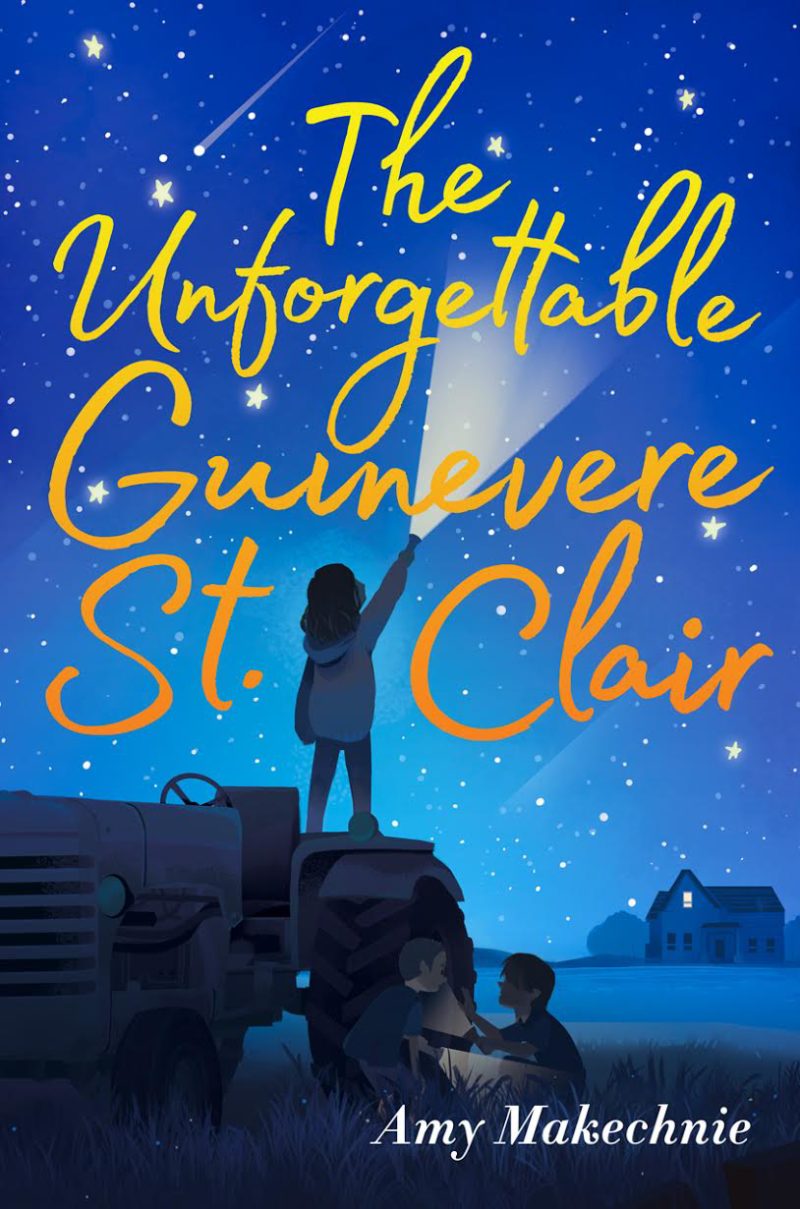A friend and avid reader who likes to keep up with all things literary asked me if I knew of a definitive list of the top 100 books of all time. Somewhere in my house I have a faded, creased paper with titles my high school AP English teacher gave me as recommended reading, but it has been years, and many children, since I’ve seen it.
A quick search on the web turned up several lists of “Must Read Books”, each with a different focus. Common titles included books you’d expect:
- The Great Gatsby

- Great Expectations
- The Catcher in the Rye
- Rebecca
- The Grapes of Wrath
- The Hitchhiker’s Guide to the Galaxy
- A Prayer for Owen Meany
- Lord of the Flies
- Atonement
- Lolita
- Madame Bovary
- On the Road
- Of Mice and Men
- Midnight’s Children
- Les Miserables
- A Clockwork Orange
- The Three Muskateers
- The Handmaid’s Tale
I couldn’t find one list that seemed most “legit”. However, looking through the different lists gave me lots of new reading ideas. Here are a few that I found, and I hope they inspire you too! (Click on the link to see the full list.)
Must Read Book Lists
Book Bub’s 100 Books to Read Before You Die This is a well rounded list, and my favorite of all the ones I explored. It is a blend of classics, modern fiction, and non-fiction. Let’s be honest, too many classics in a row can become drudgery. If you work your way through this list, you can sample a nice variety of books to stimulate your brain and grow your literary awareness. This list includes a description of each book, a very helpful feature the others lack.
Goodreads 100 Books to Read Before You Die Shelf Goodreads users can organize books they want to read or have read into virtual shelves. This shelf contains books that Goodreads users consider “top 100”. Note: there are over 1000 titles on this shelf. This list could keep you busy for a loooong time.
BBC’s Top 100 Books You Need to Read Before You Die This list is described as “an esteemed list of 100 books every person should read before they die — a literary bucket list, if you will”. It’s heavy with classics.
The Modern Library’s 100 Best Novels The Modern Library was established in the early 20th century by Boni and Liveright, one of the most important American publishing houses of the early 1920s. The goal was to publish inexpensive modernist European and contemporary American titles for readers. The Modern Library established itself as the source for the “World’s Best Books”, and although titles in the Modern Library have changed based on popularity and availability, the goal remains to provide readers with books of literary and historical merit. I didn’t recognize several titles on this list.
Amazon’s 100 Books Everyone Should Read Before They Die This list is given in alphabetical order and includes a nice blend of classics and modern/ popular fiction, including kid lit. I was surprised, but happy, to see Where the Sidewalk Ends and Where the Wild Things Are on this list.
 I’m not sure why these lists have an obsession with death (why can’t they just be called “Must Read Books”?), but I did find them helpful and inspiring. I’m curious about A Prayer for Owen Meany… any one ever read that?
I’m not sure why these lists have an obsession with death (why can’t they just be called “Must Read Books”?), but I did find them helpful and inspiring. I’m curious about A Prayer for Owen Meany… any one ever read that?
Do you know of a “Must Read Book List” you can share? Have you used any of these lists?
Thanks for getting nerdy with me!









 My friend Amy Makechnie wrote this wonderful book, but I promise I wouldn’t gush unless I truly love it. And I do! It has fascinating characters and wonderful themes of loss and acceptance. See my
My friend Amy Makechnie wrote this wonderful book, but I promise I wouldn’t gush unless I truly love it. And I do! It has fascinating characters and wonderful themes of loss and acceptance. See my 